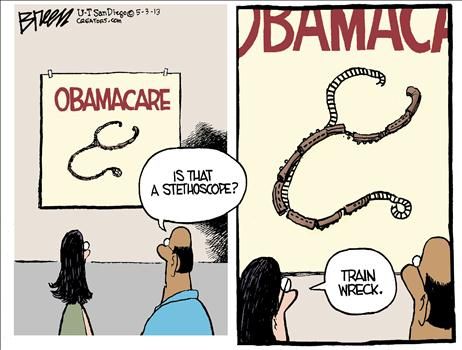A nonpartisan, independent review of interrogation and detention programs in the years after the Sept. 11, 2001, terrorist attacks concludes that “it is indisputable that the United States engaged in the practice of torture” and that the nation’s highest officials bore ultimate responsibility for it.
The sweeping, 600-page report says that while brutality has occurred in every American war, there never before had been “the kind of considered and detailed discussions that occurred after 9/11 directly involving a president and his top advisers on the wisdom, propriety and legality of inflicting pain and torment on some detainees in our custody.” The study, by an 11-member panel convened by the Constitution Project, a legal research and advocacy group, is to be released on Tuesday morning.
Debate over the coercive interrogation methods used by the administration of President George W. Bush has often broken down on largely partisan lines. The Constitution Project’s task force on detainee treatment, led by two former members of Congress with experience in the executive branch — a Republican, Asa Hutchinson, and a Democrat, James R. Jones — seeks to produce a stronger national consensus on the torture question.
While the task force did not have access to classified records, it is the most ambitious independent attempt to date to assess the detention and interrogation programs. A separate 6,000-page report on the Central Intelligence Agency’s record by the Senate Intelligence Committee, based exclusively on agency records, rather than interviews, remains classified.
“As long as the debate continues, so too does the possibility that the United States could again engage in torture,” the report says.
The use of torture, the report concludes, has “no justification” and “damaged the standing of our nation, reduced our capacity to convey moral censure when necessary and potentially increased the danger to U.S. military personnel taken captive.” The task force found “no firm or persuasive evidence” that these interrogation methods produced valuable information that could not have been obtained by other means. While “a person subjected to torture might well divulge useful information,” much of the information obtained by force was not reliable, the report says.
Interrogation and abuse at the C.I.A.’s so-called black sites, the Guantánamo Bay prison in Cuba and war-zone detention centers, have been described in considerable detail by the news media and in declassified documents, though the Constitution Project report adds many new details.
It confirms a report by Human Rights Watch that one or more Libyan militants were waterboarded by the C.I.A., challenging the agency’s longtime assertion that only three Al Qaeda prisoners were subjected to the near-drowning technique. It includes a detailed account by Albert J. Shimkus Jr., then a Navy captain who ran a hospital for detainees at the Guantánamo Bay prison, of his own disillusionment when he discovered what he considered to be the unethical mistreatment of prisoners.
But the report’s main significance may be its attempt to assess what the United States government did in the years after 2001 and how it should be judged. The C.I.A. not only waterboarded prisoners, but slammed them into walls, chained them in uncomfortable positions for hours, stripped them of clothing and kept them awake for days on end.
The question of whether those methods amounted to torture is a historically and legally momentous issue that has been debated for more than a decade inside and outside the government. The Justice Department’s Office of Legal Counsel wrote a series of legal opinions from 2002 to 2005 concluding that the methods were not torture if used under strict rules; all the memos were later withdrawn. News organizations have wrestled with whether to label the brutal methods unequivocally as torture in the face of some government officials’ claims that they were not.
In addition, the United States is a signatory to the international Convention Against Torture, which requires the prompt investigation of allegations of torture and the compensation of its victims.
—–
Click below for the full article.
http://www.nytimes.com/2013/04/16/world/us-practiced-torture-after-9-11-nonpartisan-review-concludes.html?_r=1&








